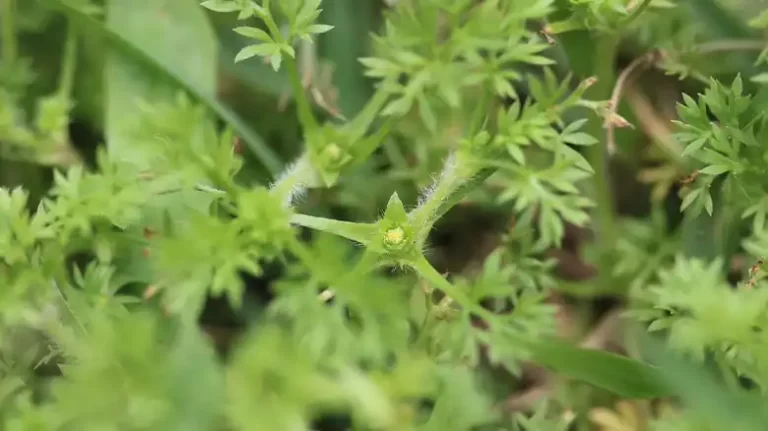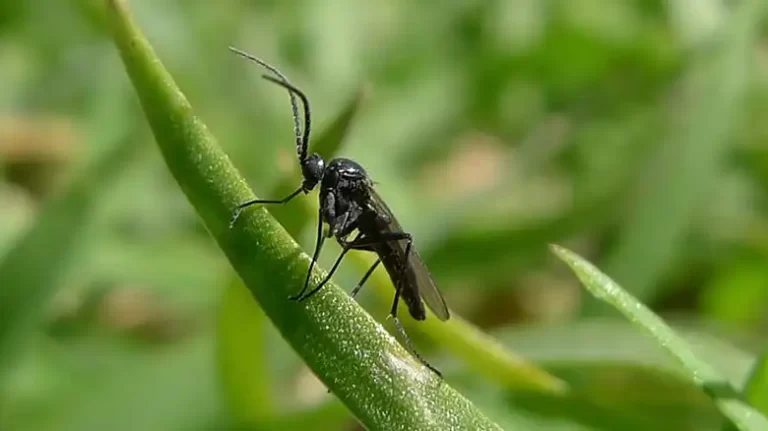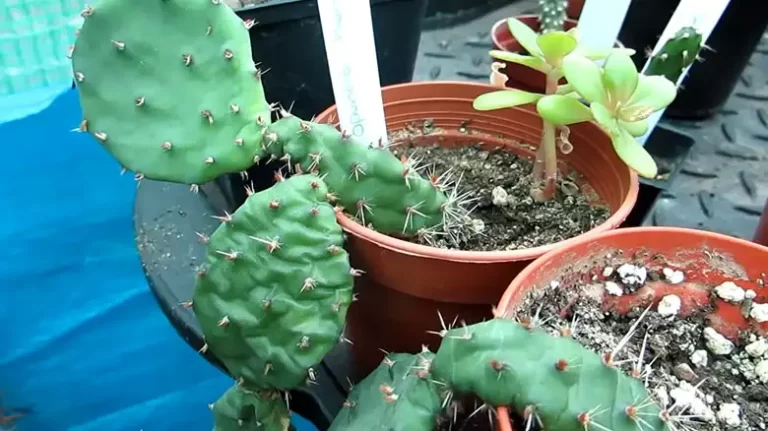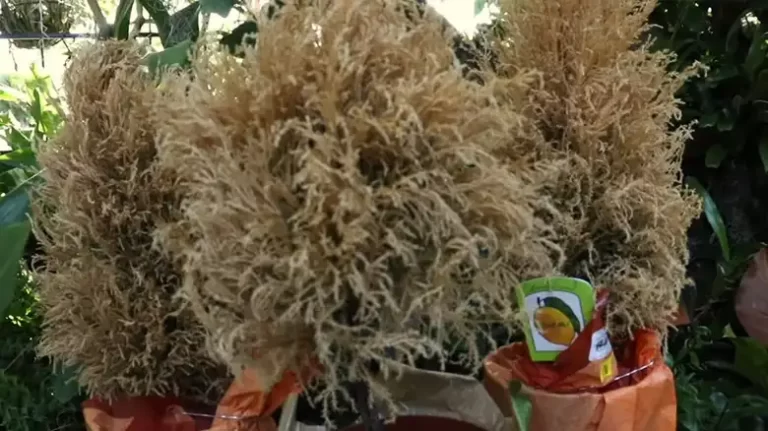Can a Compost Bin Catch Fire
Composting, the eco-friendly practice of transforming organic waste into nutrient-rich soil, has gained popularity for its environmental benefits. While composting is generally safe, there is a lingering concern among enthusiasts and novices alike: can a compost bin catch fire?
In this comprehensive article, we will delve into the intricacies of composting, the factors that contribute to the risk of compost bins catching fire, and effective measures to prevent such incidents.
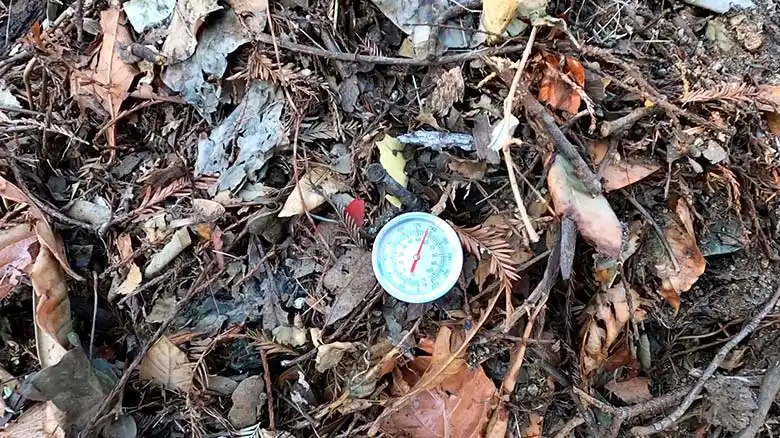
Understanding Composting
Composting is a natural biological process that converts organic matter, such as kitchen scraps, yard waste, and other biodegradable materials, into a valuable soil conditioner. Microorganisms, primarily bacteria and fungi, break down the organic materials through decomposition, resulting in nutrient-rich compost.
Compost, often referred to as “black gold,” is a key ingredient in improving soil quality, enhancing plant growth, and reducing the need for chemical fertilizers.
Types of Compost Bins
Compost bins come in various shapes and sizes, each designed to cater to different needs. Understanding the types of compost bins is crucial for effective composting and, subsequently, preventing potential fires.
Tumbler Composters: These cylindrical bins allow for easy turning of the compost, providing aeration and accelerating decomposition.
Stationary Bins: Stationary bins are static containers used for long-term composting, ideal for those with limited space.
Pile Composting: A simple and traditional method involving a heap or mound of compostable materials, often used in large gardens or farms.
Factors Contributing to Fire Risk
Compost bins catching fire may sound unusual, but several factors can contribute to this rare yet concerning phenomenon.
Heat Generation in Compost
Composting relies on the metabolic activities of microorganisms, which generate heat as they break down organic matter. In a well-balanced compost pile, this heat is typically not a cause for concern, as it aids in the decomposition process. However, excessive heat can be problematic and increase the risk of fire.
Combustible Materials
Compost bins are meant to contain organic materials, but some materials are more prone to combustion than others. Understanding what goes into your compost can significantly reduce the risk of fire.
Green Materials: Rich in nitrogen, green materials like kitchen scraps and fresh yard waste can add moisture to the compost pile, reducing the risk of combustion.
Brown Materials: High in carbon, brown materials such as dried leaves and cardboard provide structure to the compost but should be balanced with greens.
Oxygen Levels
Oxygen is vital for composting as it supports the aerobic microorganisms responsible for decomposition. However, excessive oxygen levels can lead to combustion. Achieving the right balance is crucial.
Moisture Content
Compost needs moisture to function effectively, but too much moisture can hinder airflow and create an anaerobic environment, potentially leading to fire. Maintaining the right moisture content is key.
Preventing Compost Bin Fires
Now that we’ve explored the factors contributing to fire risk, let’s delve into proactive measures you can take to prevent your compost bin from catching fire.
Proper Ventilation
Ensuring that your compost pile has adequate ventilation is crucial for fire prevention. Proper aeration allows the composting process to occur without overheating.
- Aeration Techniques: Regularly turning the compost or using a compost aerator can help maintain proper airflow.
Managing Moisture
Maintaining the right moisture content is a delicate balance. To prevent fire, avoid overly wet conditions that can impede airflow and encourage anaerobic decomposition.
- Using a Moisture Meter: Investing in a moisture meter can help you monitor and adjust moisture levels as needed.
Regular Turning
Turning your compost not only helps with aeration but also distributes heat evenly, reducing the risk of hot spots that could lead to combustion.
- Turning Frequency: Consider turning your compost every few weeks or when the internal temperature rises significantly.
Fire-Resistant Materials
Selecting the right materials for your compost bin can make a substantial difference in fire prevention.
- Metal Bins: Metal compost bins are less likely to combust compared to wooden bins.
- Non-Combustible Surroundings: Place your compost bin away from flammable structures and materials.
Fire Safety Measures
Despite taking preventive measures, accidents can happen. Knowing how to respond in the event of a compost bin fire is essential to mitigate potential damage.
Fire Extinguishers
Having a fire extinguisher nearby can be a lifesaver. It’s crucial to use the correct type of fire extinguisher for the materials involved.
ABC Fire Extinguishers: These are suitable for combating fires involving wood, paper, and electrical equipment, which may be present near compost bins.
Water Source
Ensure that you have a water source readily available, such as a hose or a bucket of water, to quickly douse any flames that may arise.
Immediate Action: Act promptly if you notice smoke or flames emanating from your compost bin.
Firebreaks
Creating firebreaks around your compost bin area can help contain potential fires and prevent them from spreading.
Non-Combustible Barriers: Use materials like rocks or gravel to create a firebreak.
Faq
Can Well-Maintained Compost Bins Still Catch Fire?
Yes, even well-maintained compost bins can catch fire if the conditions become unfavorable, such as excessive heat buildup or improper moisture levels.
Are Certain Materials More Likely to Cause Fires in Compost Bins?
Yes, materials high in oils or fats, such as greasy food scraps, can increase the risk of combustion.
Are Certain Materials More Likely to Cause Fires in Compost Bins?
If you notice steam or an unusual amount of heat when turning your compost, it may be getting too hot. Use a compost thermometer to monitor the temperature.
Conclusion
In conclusion, while the risk of a compost bin catching fire is relatively low, it is essential to understand the factors that contribute to this potential hazard.
By following best practices in composting, maintaining proper ventilation and moisture levels, and being prepared with fire safety measures, you can enjoy the benefits of composting while minimizing the risk of fires.
Composting remains a sustainable and environmentally friendly practice when carried out responsibly and safely.
